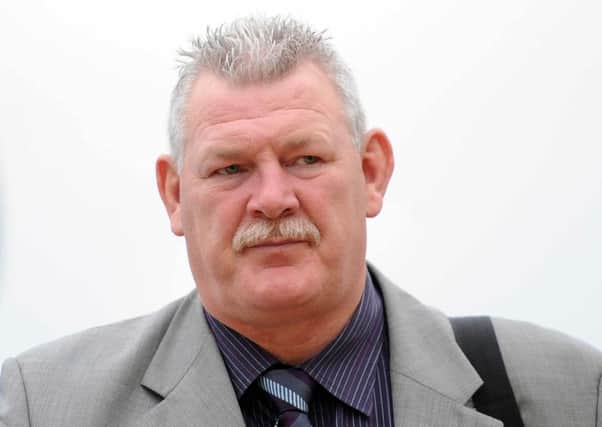David Tweed may not face retrial on child sex abuse allegations


As senior judges set out reasons for quashing David Tweed’s convictions, they left it up to the Public Prosecution Service to decide whether to pursue charges.
The 57-year-old had been found guilty in 2012 of 13 counts of indecent assault, gross indecency with a child and inciting gross indecency with a child.
Advertisement
Hide AdAdvertisement
Hide AdTweed, a one-time elected councillor from Clonavon Terrace in Ballymena, was jailed for eight years for the alleged campaign of abuse.
But his lawyers challenged the conviction, claiming flaws in how bad character evidence was put before the jury.
Separate allegations of violence by Tweed were not properly dealt with at the trial, they argued.
In October the Court of Appeal confirmed it was quashing the convictions, with a written judgment to follow.
Advertisement
Hide AdAdvertisement
Hide AdTweed was capped four times for Ireland after making his international debut against France in the 1995 Five Nations championship.
He was also part of Ireland’s squad at the Rugby World Cup in South Africa and made more than 30 appearances for Ulster.
A former member of the Orange Order, he served as a councillor in Ballymena for the DUP and later the TUV.
He returned to court today to learn the reasons for the decision to overturn his convictions.
Advertisement
Hide AdAdvertisement
Hide AdLord Justice Gillen, sitting with Lord Justices Weatherup and Weir, identified a need for the jury to be informed precisely why it was impossible to deal with the case without reference to other alleged violence.
“The real danger is that this background... took on a disproportionate role in the case and created a real risk that the jury would pay more prejudicial attention to it than should have been the case,” he said.
“We do entertain a significant sense of unease about the correctness of the verdict given the real risk that the jury have been unfairly prejudiced.”
The judge added: “Since this appellant has virtually completed the time specified on foot of his conviction, we do not order a retrial but leave this to the discretion of the Public Prosecution Service.”